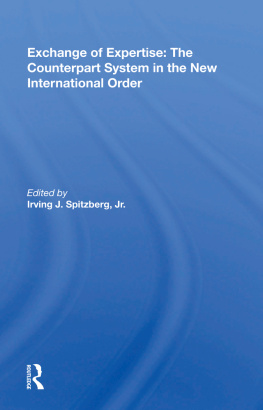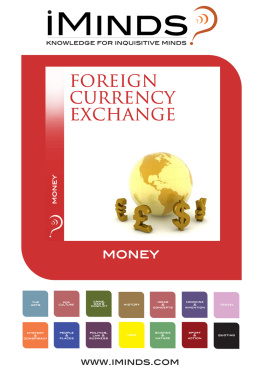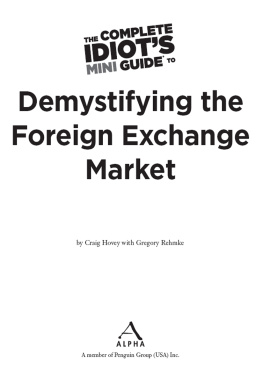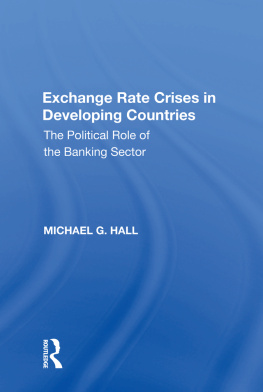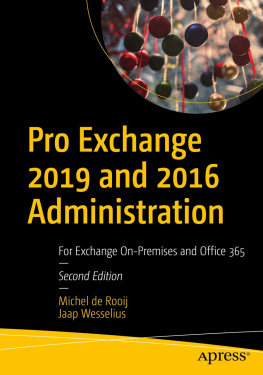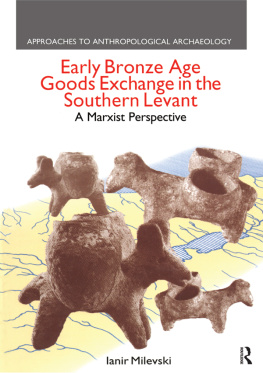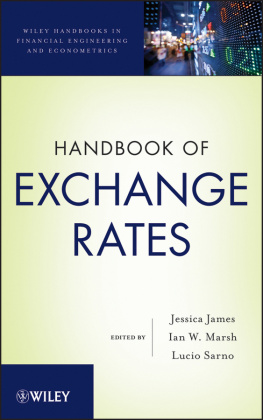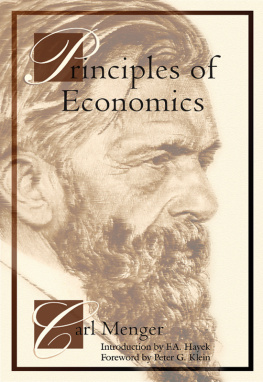Exchange of Expertise: The Counterpart System in the New International Order
A Westview Replica Edition
This book is a Westview Replica Edition. The concept of Replica Editions is a response to the crisis in academic and informational publishing. Library budgets for books have been severely curtailed; economic pressures on the university presses and the few private publishing companies primarily interested in scholarly manuscripts have severely limited the capacity of the industry to properly serve the academic and research communities. Many manuscripts dealing with important subjects, often representing the highest level of scholarship, are today not economically viable publishing projects. Or, if they are accepted for publication, they are often subject to lead times ranging from one to three years. Scholars are understandably frustrated when they realize that their first-class research cannot be published within a reasonable time frame, if at all.
Westview Replica Editions seem to us one feasible and practical solution to the crisis. The concept is simple. We accept a manuscript in camera-ready form and move it immediately into the production process. The responsibility for textual and copy editing lies with the author or sponsoring organization. If necessary we will advise the author on proper preparation of footnotes and bibliography. The manuscript is acceptable as typed for a thesis or dissertation or prepared in any other clearly organized and readable way, though we prefer it typed according to our specifications. The end result is a book produced by lithography and bound in hard covers. Edition sizes range from 300 to 600 copies. We will include among Westview Replica Editions only works of outstanding scholarly quality or of great informational value and we will exercise our usual editorial standards and quality control.
Exchange of Expertise: The Counterpart System in the New International Order
edited by Irving J. Spitzberg, Jr.
The vision of the New International Order emphasizes justice and equality. It also raises profound questions about the nature and future of the relationship between postindustrial and Third World countries. The counterpart system describes one aspect of this relationship: an expert from a postindustrial country teaches a special skill to a Third World national. In this collection contributors draw on political science, economics, education, sociology, history, and communications theory to illuminate the forces that shape the nature of the exchange of expertise between postindustrial and Third World countries. Each author raises theoretical points and offers practical observations about the future of this exchangea critical point of contact--in the New International Order.
Irving J. Spitzberg, Jr., is dean of the colleges at the State University of New York at Buffalo. He was previously a fellow at the Institute of Current World Affairs in New York City, founder and chairman of the Program in Policy Studies at the Claremont colleges, and consultant in adult education to the government of Kenya.
Exchange of Expertise: The Counterpart System in the New International Order
edited by Irving J. Spitzberg, Jr.
First published 1978 by Westview Press
Published 2018 by Routledge
52 Vanderbilt Avenue, New York, NY 10017
2 Park Square, Milton Park, Abingdon, Oxon OX14 4RN
Routledge is an imprint of the Taylor & Francis Group, an informa business
Copyright 1978 by Taylor & Francis
All rights reserved. No part of this book may be reprinted or reproduced or utilised in any form or by any electronic, mechanical, or other means, now known or hereafter invented, including photocopying and recording, or in any information storage or retrieval system, without permission in writing from the publishers.
Notice:
Product or corporate names may be trademarks or registered trademarks, and are used only for identification and explanation without intent to infringe.
Library of Congress Catalog Card Number: 78-19221
ISBN 13: 978-0-367-01786-6 (hbk)
This book has grown out of the interest of a number of scholars and practitioners in the relationship between experts and local nationals in the development process. The exchange of expertise is viewed as the ideal which should govern the so-called counterpart relationship. Many of the papers included in this collection were written in first draft for the World Conference, in Amsterdam, of the Society for International Development. The encouragement of Mr. Andrew Rice, then the Executive Director of the Society, contributed to the panel discussion of this issue in Amsterdam. Since that time, the original authors and a number who have joined us in our endeavor have cooperated extensively in preparing this multidisciplinary analysis of the counterpart system in relation to the proposed New International Order. A number of persons and organizations have contributed to the further development of this project and deserve credit for the contributions included here. Ms. Barbara Kauffman. Secretary to the Dean of the Colleges, State University of New York at Buffalo, helped type a number of the original drafts. Ms. Kate Scherer, my graduate assistant, has served a critical editorial function in helping me prepare the manuscripts for publication. And Ms. Doris Gettings, secretary in the Council on International Studies of the State University of New York at Buffalo, has typed the final manuscript. The Council on International Studies, in addition to approving Ms. Gettings' services for us, has also, through the good offices of its Director, Professor Albert Michaels, supported in spirit this undertaking. Although all of the contributors and those who have provided editorial and typing services deserve credit for the accomplishment, the Editor must acknowledge responsibility for all errors of fact and value in this commentary.
Irving J. Spitzberg, Jr,
Dean of the Colleges
State University of New
York at Buffalo
March 15, 1978
Exchange of Expertise: The Counterpart System in the New International Order
Irving J. Spitzberg, Jr.
This book is about an important point of human contact between the post-industrial and the developing societies. There are, of course, a number of different institutional settings for the exchange of expertise: schools, colleges and universities, public debates, and other media of communication between at least two people. All of these forums, as well as the mass media, have been used for purposes of exchange between the post-industrial and the Third World, and all deserve careful scrutiny for purposes of evaluating their impact and effectiveness in this exchange. However, the focus of this book will be on a particular setting for the exchange of expertise: what is called in many places "the counterpart relationship" between an expatriate adviser and a local national advisee. This particularly intimate setting for the exchange of expertise is one where every major political, social, economic and psychological question about humankind arises but where the focus of past analysis has been on the one-way transfer of expertise, or as it is usually called, transfer of technology or knowledge. In this collection of essays, we hope to provide more balanced analyses.
The Counterpart Relationship

